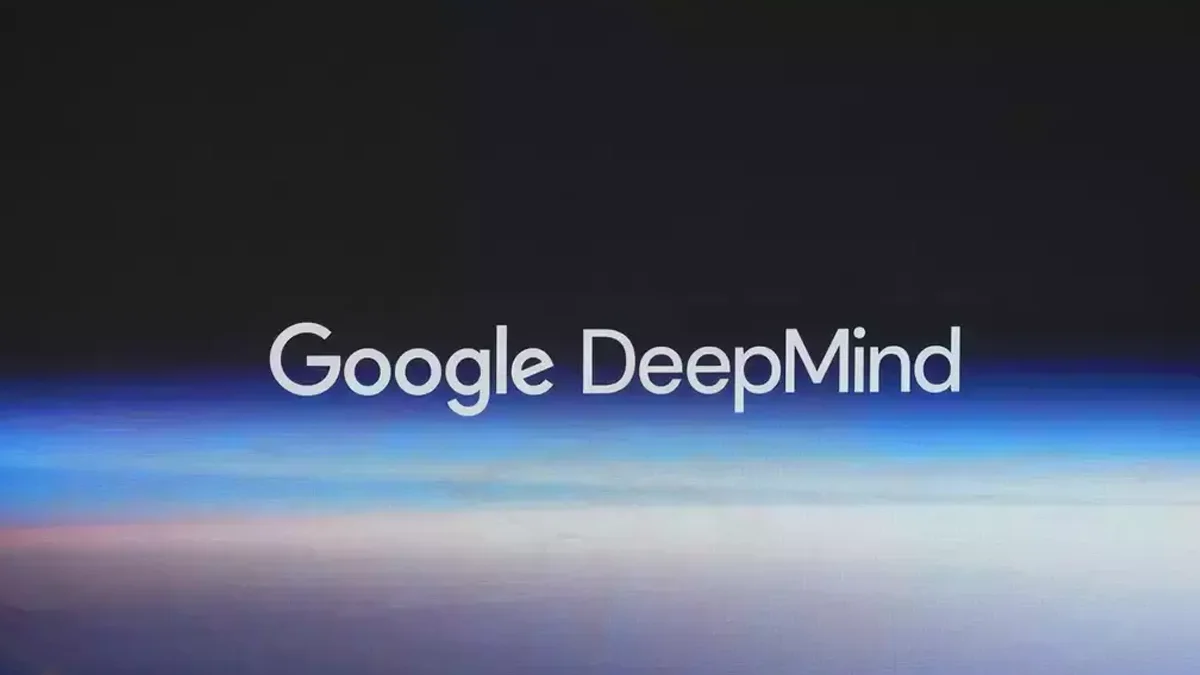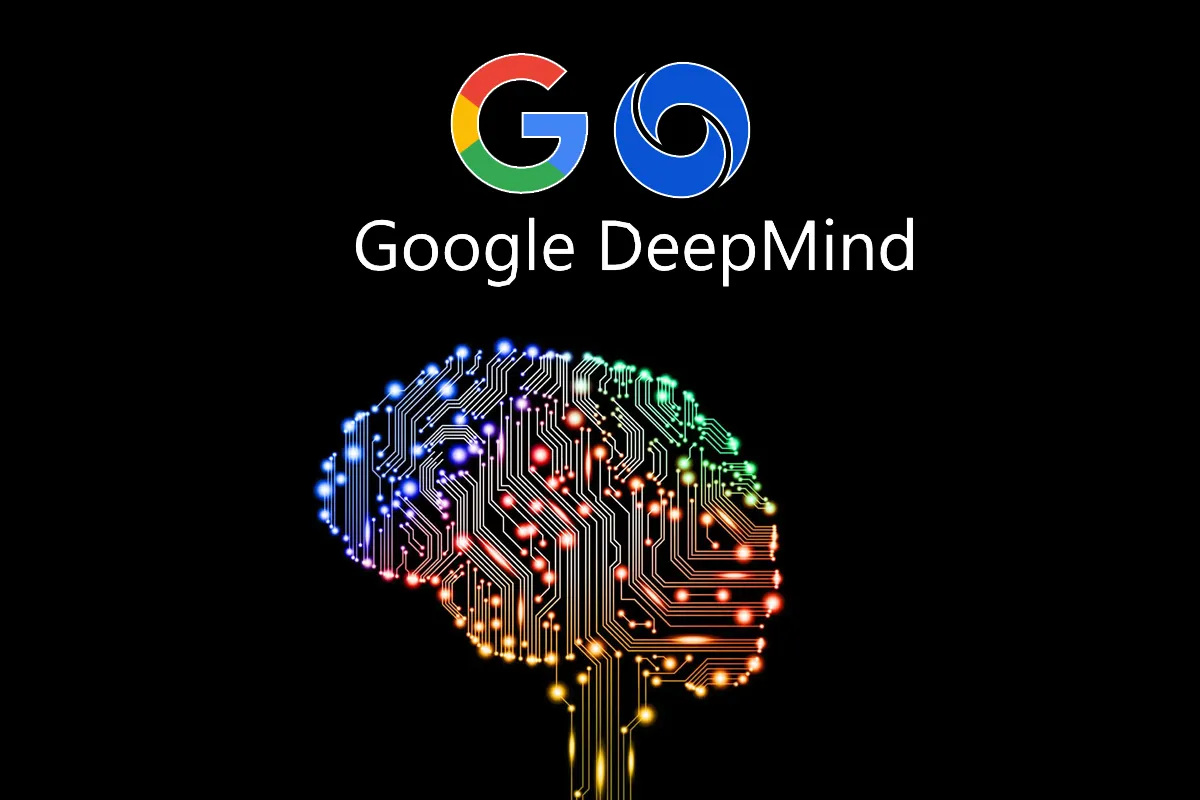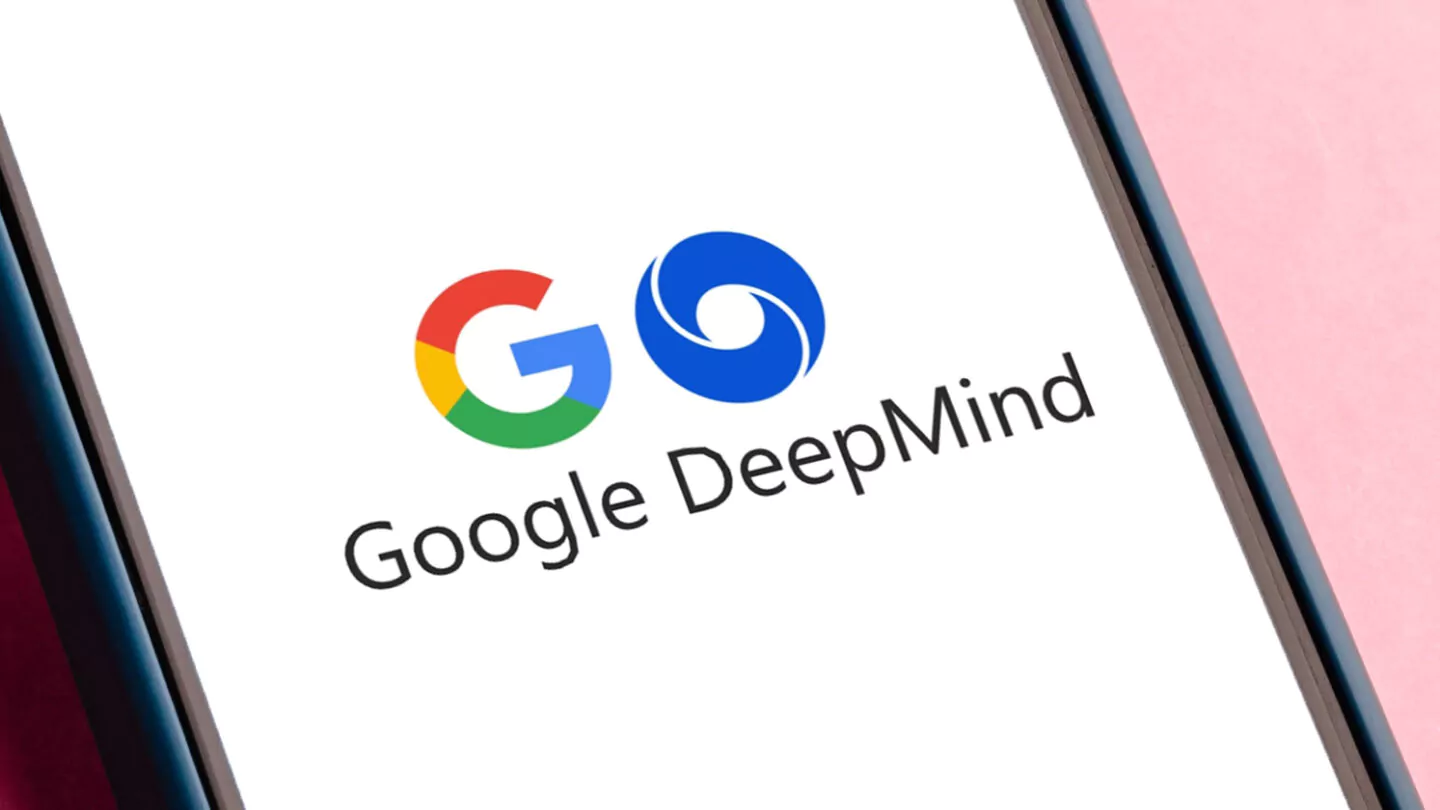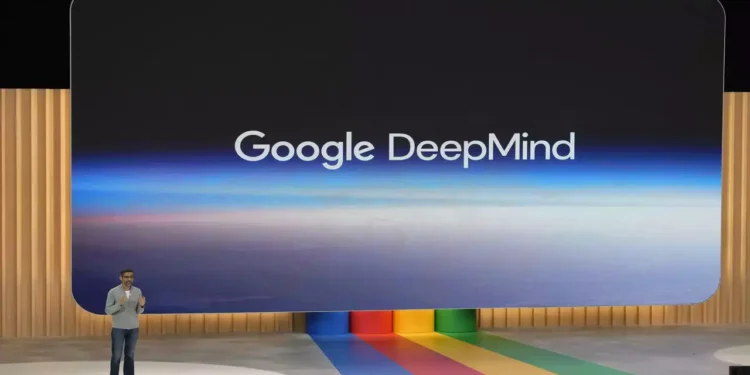Google has recently taken a significant step by integrating the Gemini App team into its advanced AI subsidiary, DeepMind, a move announced through a company memo from CEO Sundar Pichai. This strategic decision not only enhances the team’s capabilities but also aligns Google’s generative AI developments more closely with its core research team. This reorganization highlights Google’s commitment to pioneering in the AI sector, positioning the tech giant at the forefront of innovation.

Unpacking the Move: Strategic Implications for Google
The integration of the Gemini App team into DeepMind is not just a mere structural change but a strategic realignment that places Google’s consumer AI advancements under one of the most sophisticated AI research divisions in the world. This decision underscores the importance Google places on generative AI technology and its potential to transform consumer applications. According to Sundar Pichai, this move is part of broader organizational changes aimed at enhancing innovation and efficiency within the tech giant.
The transfer will see Sissie Hsiao, head of the Gemini App team, and her group join forces with Demis Hassabis at Google DeepMind. This melding of minds is expected to leverage DeepMind’s cutting-edge research capabilities to enhance the development of the Gemini App, potentially leading to more robust, innovative consumer AI applications.

A New Role for Prabhakar Raghavan: Bridging Technology and Strategy
In addition to the Gemini App team’s transition, Prabhakar Raghavan, former head of knowledge and information products at Google, will step into a new role as chief technologist. This new position will have him reporting directly to Sundar Pichai, highlighting his strategic importance to the company. Raghavan’s new role allows him to return to his academic roots while playing a pivotal role in shaping Google’s strategic technological endeavors.
Most of Raghavan’s previous responsibilities, excluding his work with Gemini, will be transferred to Nick Fox, a veteran at Google for over two decades. Fox’s extensive experience, including his leadership in the launch of Google Fi, positions him well to oversee a broad portfolio that includes search, ads, shopping, and maps.

Looking Ahead: What This Means for Google and Its Users
This strategic reorganization within Google signals a fresh, more integrated approach to AI development, focusing on enhancing consumer applications through advanced research. By bringing the Gemini App team under the DeepMind umbrella, Google not only optimizes its research capabilities but also reinforces its commitment to leading the AI revolution.

For consumers, this could translate into more sophisticated, seamlessly integrated AI features in Google’s products, enhancing user experience and utility. Moreover, this shift suggests that Google is preparing to introduce more AI-driven innovations, potentially transforming how consumers interact with technology on a daily basis.
In the broader tech landscape, Google’s move is a clear indication that the company is looking to stay ahead of competitors in the AI space. By aligning its consumer application development more closely with its AI research arm, Google not only fosters greater innovation but also ensures it remains at the cutting edge of technological advancements.










